Gap Year Advice To Figure Out Your Next Step
Trying To Figure Out What's Next? Here Are Five fulfilling Gap Year Ideas
*Note: Due to the global COVID-19 pandemic, many of the below programs are not currently running and have sent volunteers home. But, if you are still searching for a way to safely and enjoyably experience a gap year or service year, Camphill has remained open and is accepting new volunteers.
If you’re graduating from college in the near future or recently graduated, chances are you’re getting the same question over and over again: WHAT'S NEXT?
Since you’re reading this, you’re probably asking yourself the same thing.
The truth is there’s no longer one straight and clear path to success. The days of landing a 9-to-5 office job after college—one that you’ll keep until retirement—are over.
Whether you are a non-conformist who is looking for an alternative path or a type A planner who needs, well, a plan after college, a postgraduate gap year or service year can be an excellent, life changing choice. It’s an incredible way to differentiate yourself in the job market while also gaining meaningful work experience coupled with significant personal growth.
Obviously we think that spending a year living and working at a Camphill community is a unique, unparalleled option (many have called it a transformative experience), but we also know it’s not for everyone. It’s a big world out there.
Luckily, there are tons of great options whether you want to travel the world or become part of an idyllic intentional community right here in the US.
Here are five fulfilling paths to explore.
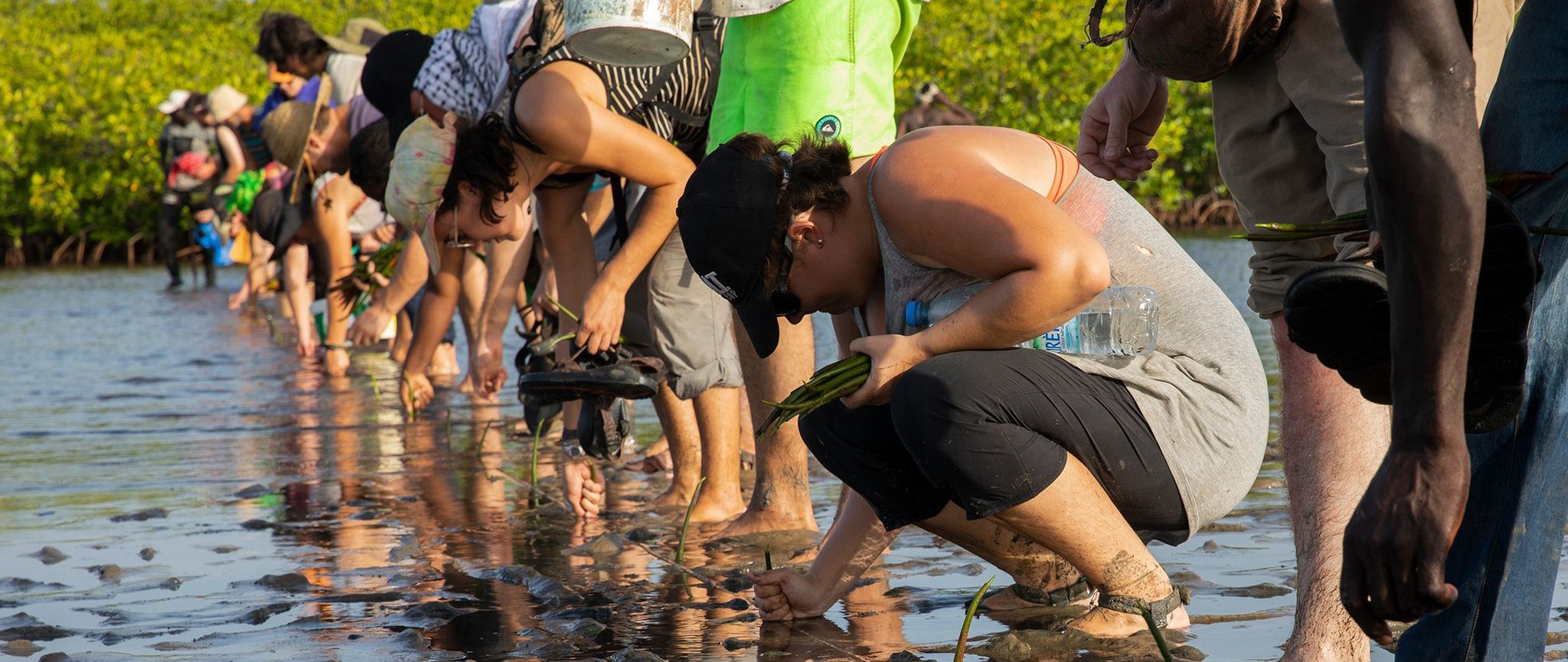
If you want to make an impact abroad
Are you someone who longs to see the world but wants to give back while you’re doing it?
If you aren’t ready to make a big time commitment, organizations like Volunteers without Borders and World Endeavors can hook you up with opportunities to volunteer in any area that might interest you, from lending a hand at a sea turtle conservatory in Sri Lanka to helping with school construction and renovation projects in India. Keep in mind that these kinds of volunteer programs often cost big bucks.
Alternately, you could take on a more substantial commitment with an organization like the Peace Corps. Though notoriously challenging, it can be a more fulfilling option. This intensive program of the US government sends American volunteers abroad to work in communities (primarily in developing countries) for two years at a time. You may need to learn a new language and live without modern conveniences like electricity or running water, but that’s part of the adventure!

If you want to work abroad
If you’re looking to fuel your wanderlust while earning a paycheck, then teaching English in a foreign country is a popular choice for recent college grads. Nonprofit nongovernmental organizations (NGOs) like the Council on International Educational Exchange (CIEE) offer both training and job placement, so can be a good place to start your search.
If you’d prefer to channel your inner Mary Poppins, then becoming an au pair is another way to go. As an au pair, you live with a host family and receive a visa, room, board, and a modest salary in exchange for childcare duties—much like a live-in nanny. Situations vary wildly, so be sure to do your homework to make sure that you are getting a fair and safe deal. Agencies like Au Pair World, AuPair.com, and Go Au Pair can help you find and vet opportunities.
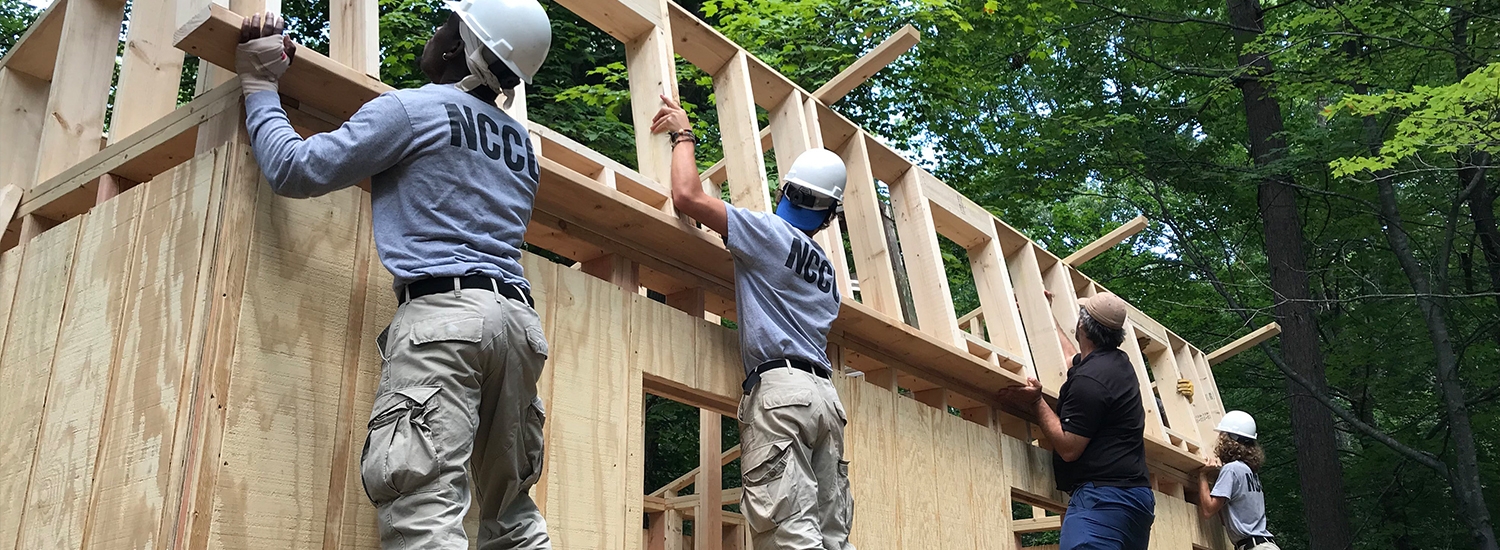
If you would rather stay local
For those who want to stay in the US and help underserved communities right here, there are programs, some of which offer a stipend, loan repayment, and/or education credit. AmeriCorps, for example, has options in every state. AmeriCorps Vista sets up participants with an organization that is working to eradicate poverty, while AmeriCorps NCCC will have you working with FEMA or other government agencies with disaster relief projects around the country (usually a few per year). Training is intensive, living conditions are basic, and stipends are low but the potential impact you’ll have is big.
If you’re pretty sure that teaching is in your future, then Teach for America (also a member of AmeriCorps) is an organization that trains college grads to teach in schools in low-income areas around America. Often you will be required to work towards a masters teaching certification program throughout your already intense two years of service. It’s far from easy, but it’s a powerful way to boost your resume, get real classroom experience, and make a positive impact.

If you want to get your hands dirty
Have you caught the homesteading or gardening bug?
If working on a farm feels like the perfect antidote to years of formal education, then you might want to try WWOOF-USA – Worldwide Opportunities on Organic Farms, USA. Think of it as couchsurfing, but on a farm. You won’t receive a stipend, but will get room and board—and a lot of hands-on experience and instruction—in exchange for your hard labor. Peruse the website to see profiles of participating organic farmers.
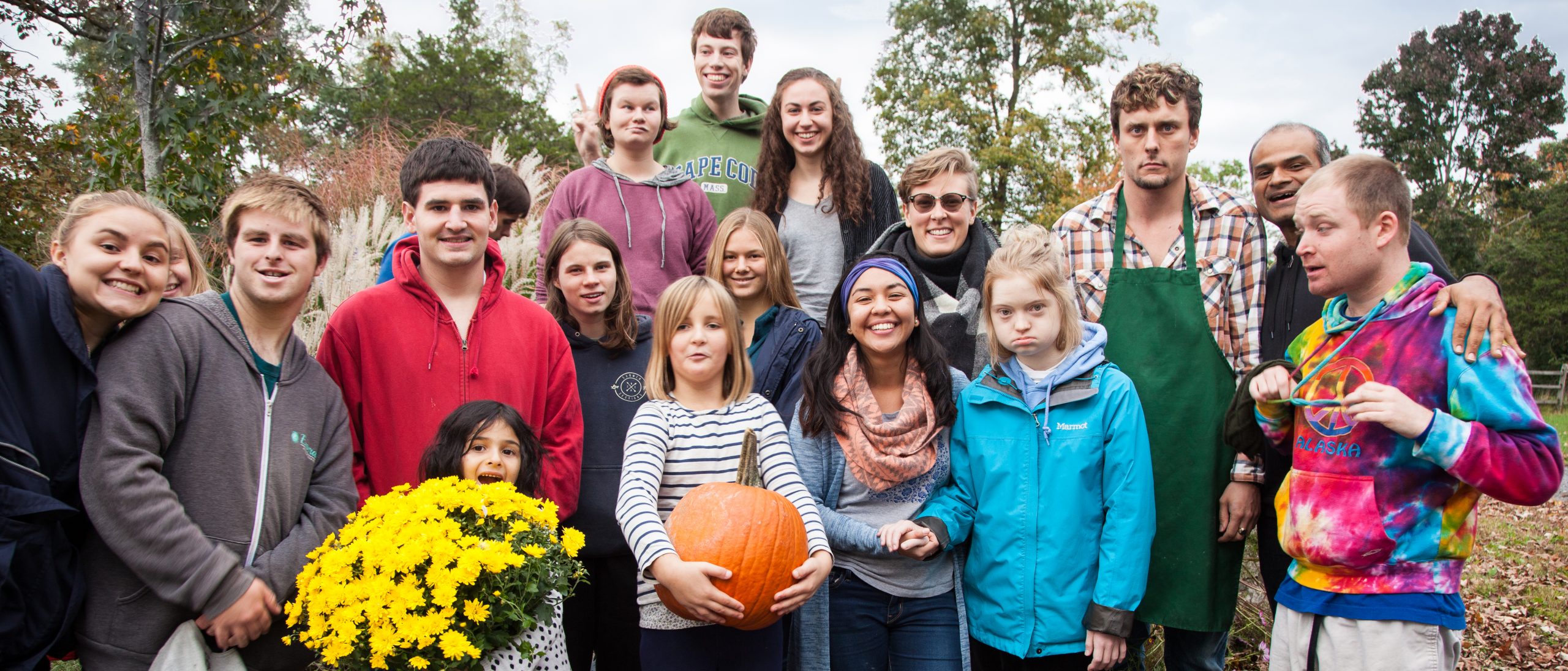
If you’re looking for something more
If you’re looking for something more, then a Camphill community may be the perfect fit.
Imagine yourself in an idyllic, self-sufficient community on hundreds of acres of sustainably managed, beautiful land. A place where everything from the furniture in your shared house to the candle on your dinner table to the fresh baked bread and vegetables at meals is made and grown right there by you and your coworkers. Where music, art, and theater are a joyful and integral part of daily life. A setting in which everyone chips in to do their share while learning new skills and being of service to the community. Imagine a place where you can make a difference and experience profound personal growth all while enjoying a high quality of life and boosting your resume.
With 15 life-sharing communities across the United States and Canada, Camphill offers the opportunity to live in an inclusive, neurodiverse intentional community alongside people with developmental and intellectual disabilities and other volunteers from around the country and the world. In addition to free room and board, there is also a monthly stipend, college loan repayment support, and health insurance.
Although all Camphill communities adhere to the same basic tenets and philosophy of inclusion and sustainability, each Camphill place is a little different. Some are cozy with just a few dozen residents, while others are home to a couple hundred people. There are schools for children and young adults, urban and rural communities for adults of all ages, and one that specializes in eldercare. Depending on the location, there are opportunities to work with biodynamic farming and gardening, craft studios, baking, fiber arts, teaching, and much more.
Each year, there are over 100 volunteer opportunities throughout Camphill to live and work alongside fellow coworkers and people with disabilities. Some communities have summer and spring offerings, but most ask for a one-year commitment, which gives participants a chance to develop deeper expertise, form close bonds, and experience life’s rythms change with the seasons.
Whatever you decide to do after college, taking a gap year or a service year will give you time to hone valuable skills, make connections, and figure out what you really want to do.
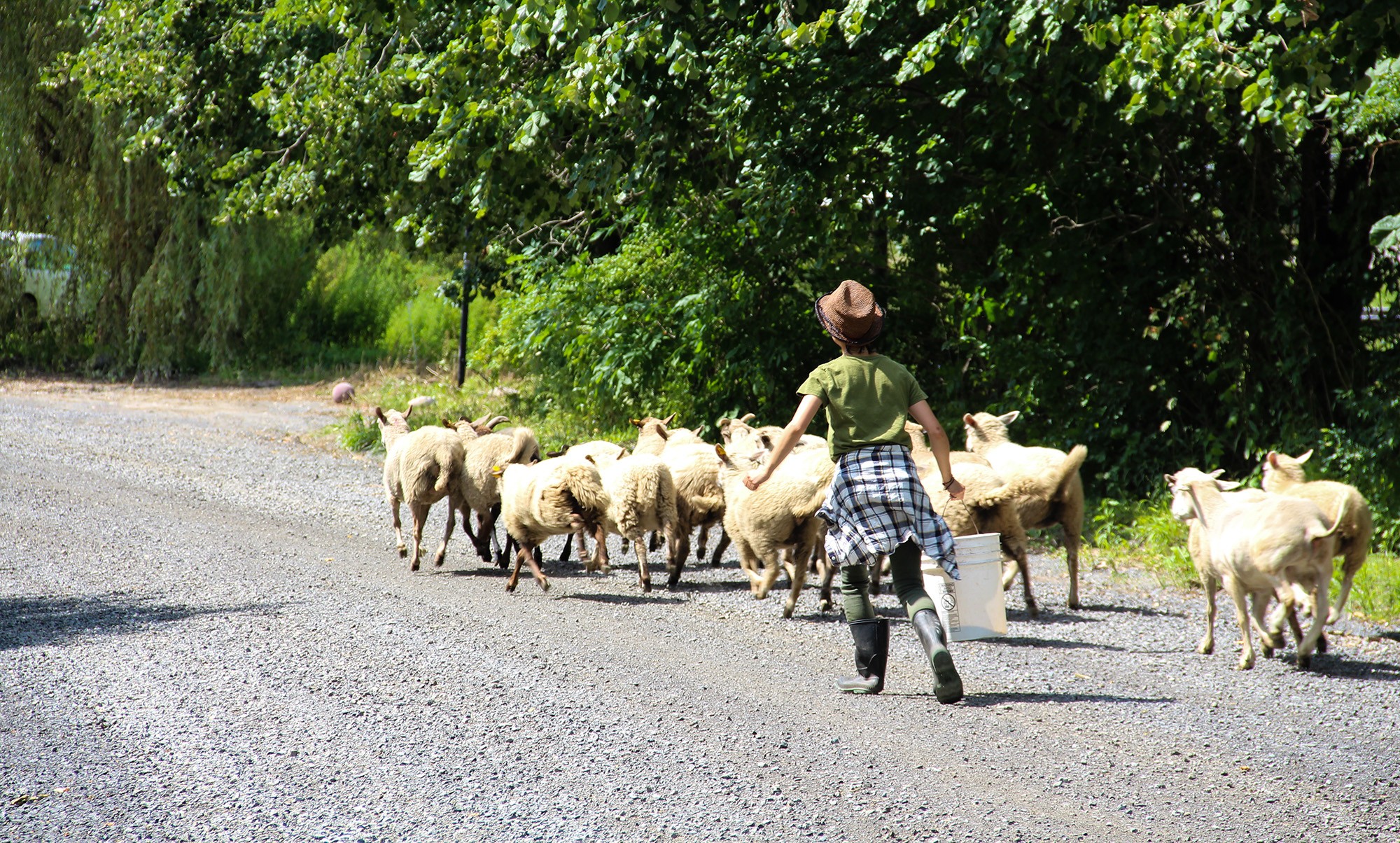
Still trying to figure out what to do next?
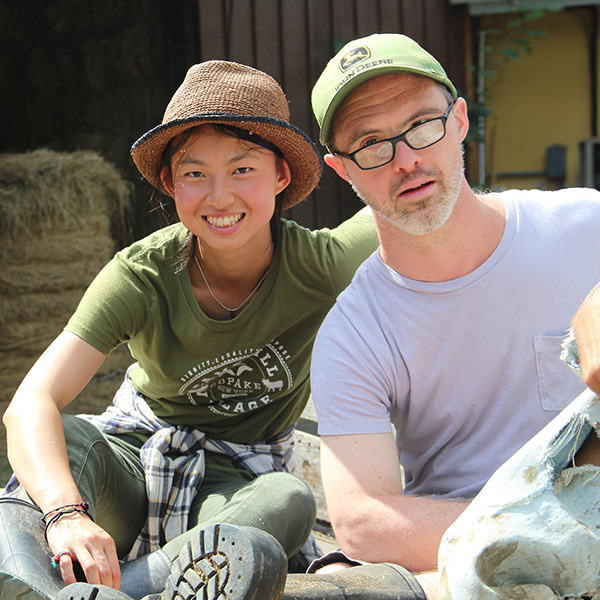
Still trying to figure out what to do next?
You don’t need to have your entire life mapped out – just the next step.
Take our quiz to help you narrow down the options.
Or, start by exploring what Camphill has to offer. It might be exactly what you’re looking for.